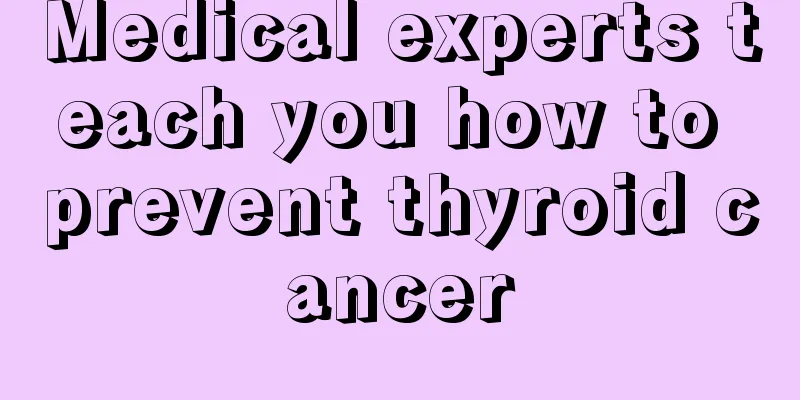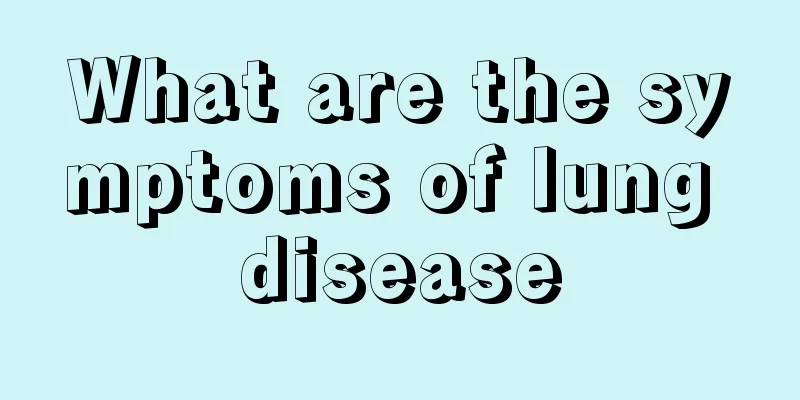What should I do if my heart vessels are blocked?

|
Vascular blockage is very common in clinical practice. Many patients may experience symptoms such as dizziness and stuffy brain. Cardiovascular blockage is closely related to people’s lifestyle and diet. For the problem of cardiovascular blockage, patients must pay attention to dietary adjustments. 1. Diet adjustment Patients with blocked heart vessels should have a light diet and must eat less salt. Salt can cause hardening of the patient's blood vessels and even increase blood pressure. The daily salt intake must be controlled below 5 grams. Patients with blocked heart vessels should not eat animal fats, as animal fats contain very high levels of cholesterol. If the human body has too much cholesterol, the blood vessels will harden faster. Sweets are also a big taboo for patients with blocked heart vessels. Sweets contain a lot of sugar, which is easily converted into fat in the human body, making people obese and promoting symptoms of arteriosclerosis. Patients with blocked heart vessels may want to eat more foods containing potassium. Potassium can alleviate the harm of sodium to the human body, while promoting the excretion of sodium, which has a blood pressure lowering effect and effectively prevents blockage of heart vessels. 2. Surgery Thrombolytic therapy for cardiovascular blockage is officially recognized by modern medicine and pathology. On the basis of coronary atherosclerosis, the acute formation of thrombus causes acute occlusion of the vascular lumen, resulting in interruption of coronary blood flow, which is the pathological basis of AMI. Percutaneous transluminal coronary angioplasty is an interventional treatment for coronary heart disease that has been developed in recent years using high-tech technology. It is suitable for the treatment of coronary heart disease at all stages. Compared with interventional treatment of cardiovascular blockage and coronary artery bypass grafting, it has the advantages of not requiring open chest surgery, not requiring general anesthesia, and causing minimal trauma to patients. Its degree of revascularization is much higher than thrombolytic therapy, but its efficacy is not as good as coronary artery bypass grafting for some patients, and there is a possibility of postoperative vascular restenosis of about 15%. 3. Bracket If the blood vessels are blocked by 75%, stents or surgical bypass surgery are needed to restore blood flow in the blood vessels and prevent myocardial ischemia from causing myocardial infarction. According to the current guidelines for heart stent implantation, coronary artery blockage greater than or equal to 75% is an indication for stent implantation. However, the effectiveness of conservative treatment has not yet been determined. Since heart disease is generally severe, the estimation of the condition cannot rely on a single result and requires comprehensive consideration. Therefore, your current question is not easy to answer. However, in terms of coronary artery blockage, if stents can be used, it is best to perform stent treatment, because human individuals vary greatly and it is difficult to evaluate the effectiveness of drug control. |
<<: The difference between hair mask and conditioner, teach you how to distinguish between the two
>>: Causes of hair loss, eating these 6 foods accelerates hair loss!
Recommend
How to treat shoulder muscle strain symptoms
Suffering from shoulder muscle strain has a parti...
I have a poor appetite in summer, so why do I still gain weight?
The scorching heat makes me lose interest in eati...
What are the traditional Chinese medicines for treating prostate cancer? These traditional Chinese medicines can improve prostate cancer
Prostate cancer is more common in men over 50 yea...
Treatment costs for malignant uterine cancer
Endometrial cancer is one of the malignant tumors...
Endometrial cancer resection diagnosis
Endometrial cancer is one of the common malignant...
Do you know the stages of prostate cancer?
The currently commonly used prostate cancer stagi...
What to do if your chest itches after eating seafood
There are many kinds of seafood, such as various ...
What are the treatments for lung cancer? Lung cancer can be treated with these methods
Everyone knows that smoking is very bad for the b...
How to clean baby bottles
All things used by babies need to be carefully cl...
Are there any sequelae to humeral fractures?
The humerus refers to the thickest bone in our up...
My chest feels stuffy and I always want to breathe heavily
Feeling short of breath in the chest and always w...
The treatment of kidney deficiency and low back pain is effective with dietary supplements
Kidney deficiency can cause a lot of discomfort, ...
What is the best way to diagnose liver cancer? Introduction to the best diagnostic method for liver cancer
Liver cancer is currently a tumor disease that po...
Will women still have menstruation after pituitary tumor surgery? What are the precautions after pituitary tumor surgery?
The pituitary gland is used to secrete hormones. ...
How to remove scale from an electric kettle
How to quickly remove the scale in the electric k...









